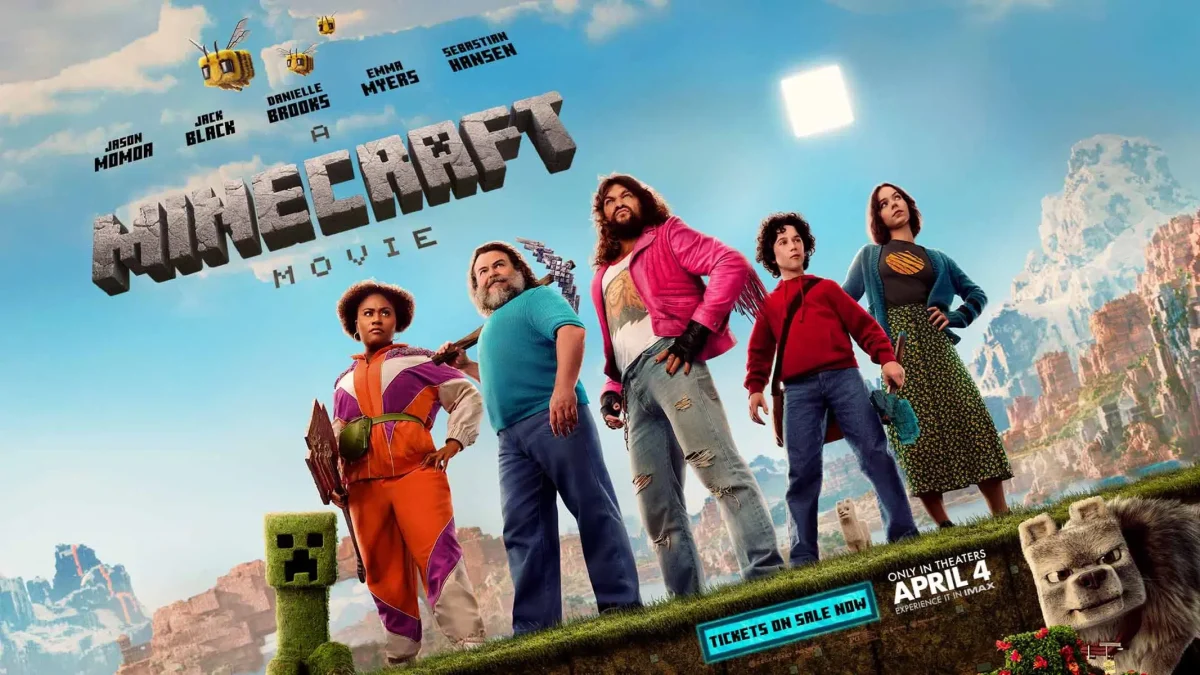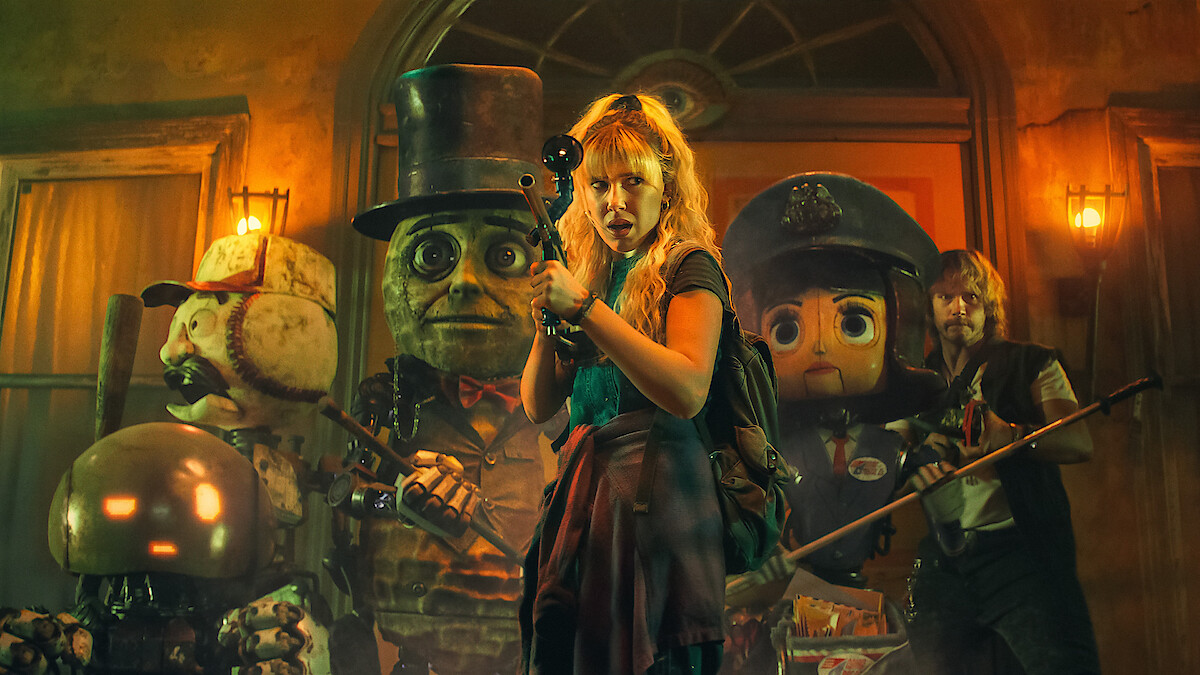The Electric State could have been a blockbuster. An all-star cast directed by Marvel’s Russo brothers and a story based on a graphic novel by Simon Stålenhag should have been a hit. An apocalyptic world starring a teenage runaway and a hesitant guardian is exactly the sort of story that should have been rising up the charts. However, almost a month after its release, the fan feedback and the surprisingly high number of scathing professional reviews have made it clear that something with the film is amiss. As usual, spoiler alerts ahead.
The heart of the dystopian genre is to critique our society or warn about what it could become in a digestible manner that allows the audience to understand the moral of the story without subconscious stereotypes or societal stigma obscuring their perception. The Electric State aims to do just that. However, many critics would argue that their message, a warning about technology as it grows more and more adept, has fallen flat—at least, that’s what it seems on the surface. I found myself mostly agreeing with this view. While the implication that VR (read: Instagram, Snapchat, AI, and other virtual communication) is decimating our ability to experience reality found a foothold for me, any other message felt undercooked as a result of the lacking characters, but I’ll get to that in a moment. The point is that a warning about sentient AI and technology felt obsolete because that wasn’t the point the Russo brothers were making at all. They weren’t talking about technology; they were talking about discrimination.
The very start of the film walked us through the war, outlining how robots rose up against humanity because they were being treated as lesser (read: racism, sexism, etc.) and then, after the war, they were confined to an exclusion zone (read: Native American reservations or Japanese internment camps and cultural genocide). The film then spends the majority of its run time humanizing these robots, emphasizing the real connection between Keats and Herman and how important it is that Mr. Peanut fight for his right to dignity rather than give up or retreat. And, of course, the audience sides with the rebellion, with Michelle and the robots against the status quo, because in fiction, we almost always do. In reality, however, it’s much more common to side with the status quo. That power is exactly why I found a way to enjoy this film—its message is poignant and painfully relevant to our current situation in America, namely the drop of DEI policies, deportations with the excuse of the Alien Enemies Act, and everything with Guantanamo Bay. It reminds people of the cruelty of discrimination, of treating someone as less than human, and warns people to pay attention because they are not immune to propaganda, just like Bradbury and even Michelle at the very beginning.
However, as important as it is to emphasize that message, its emphasis was part of the reason the movie received such critical reviews. The Electric State drives that message home through the plot and fails to develop its characters. Michelle remains the feisty teen who fights to do the right thing, Keats and Herman remain best friends with sarcastic exteriors and soft interiors, and Christopher/Cosmos barely had the chance for any on-screen development. The only characters that showed any semblance of growth were Mr. Peanut and Bradbury, yet even their development was fully plot-centered and admittedly cliche. Dr. Amherst managed to have some development, yet the height of his arc is cut short with his death. I am so sick of the martyr trope. It is overdone and implies that while angels can fall, people coming back from a mistake are only good enough if they pay for it with their lives. I’d much rather see characters who have to live with their choices, who fight to make every next one better. Without truly memorable characters, these fantastic actors could only do so much to keep the movie afloat.
I would argue that The Electric State is worth a watch, with a message easily applicable to our current society, but don’t get your expectations too high. I haven’t read the graphic novel, but I’ve heard it might hit the mark with a tone that’s a lot less lighthearted. With a story that has this much potential, it might be worth the read!




































![Teacher Lore: Mr. Hillman [Podcast]](https://bsmknighterrant.org/wp-content/uploads/2025/03/teacherlorelogo-1200x685.png)





Roy • Apr 20, 2025 at 5:30 pm
I liked the movie. Adventure, suspenseful, thriller, emotional, heart-breaking, funny. It was a good movie. The reason these critics don’t like it is because there was no T&A.